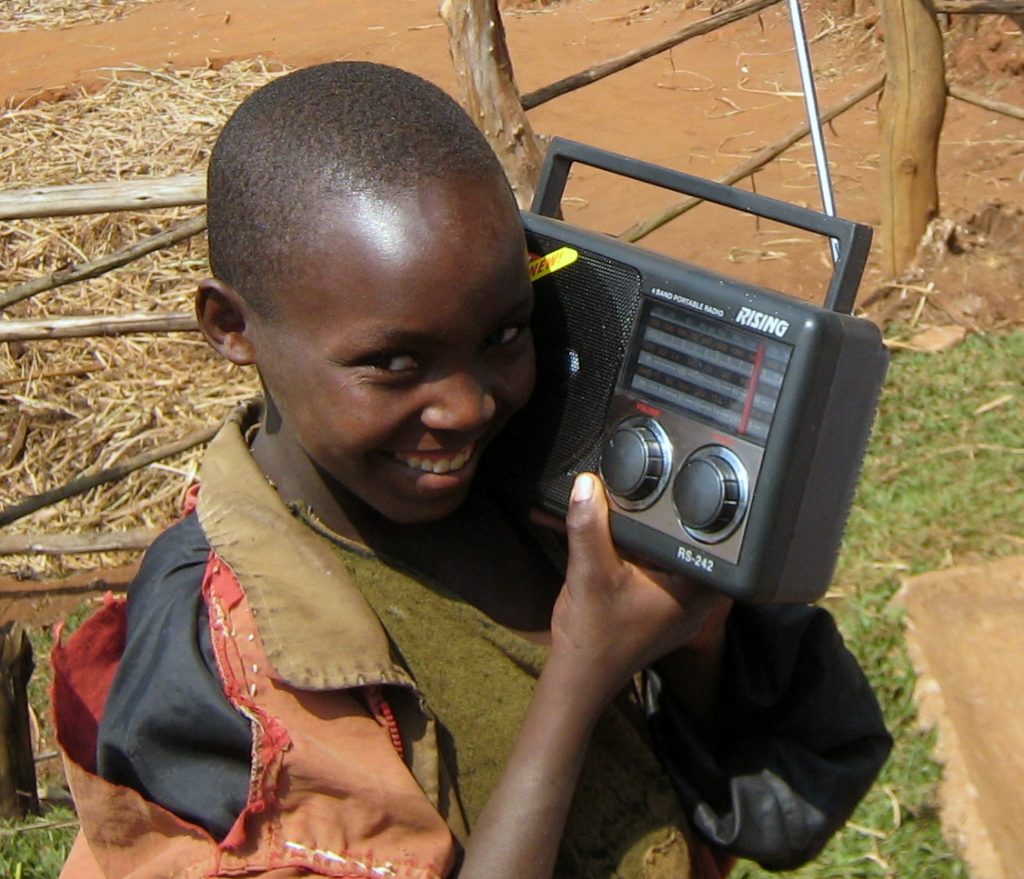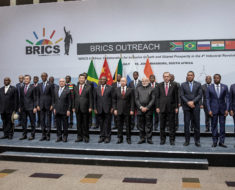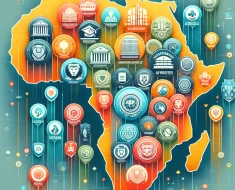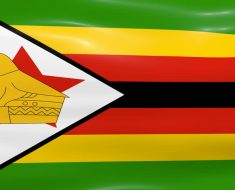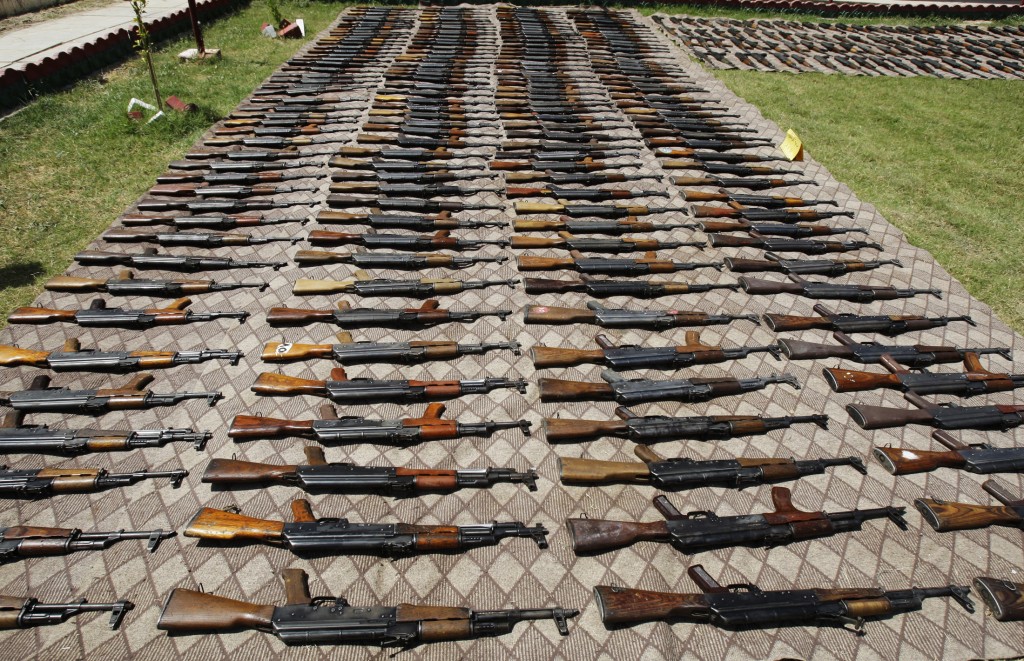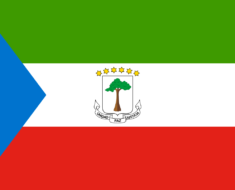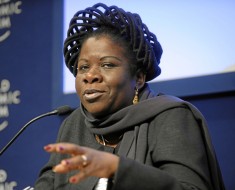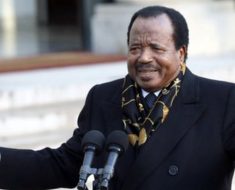Radio is one of the oldest forms of mass media. One would think that the invention of the internet and the proliferation of social media sites would undermine the essence and value of the radio broadcasting but that has not happened, at least not in Africa.
While the internet largely serves its part in mass communication, radio still champions the cause, especially at the local and communal level.
The radio broadcast in itself has modified over time to suit more purposes and contexts. From the terrestrial zone, other alternatives like cable radio, local wire television networks, satellite radio, and internet radio have emerged.
Guglielmo Marconi is recognized as the inventor of the radio. However, it is on record that several engineers before him had made contributions towards it. Marconi had the privilege of working on existing works of others. He harnessed them and gave a somewhat finishing touch on it to make it what today is identified as the radio.
Radio always has something for everyone- from local to international news, music of all genres, drama, entertainment, cultural and topical discussions.
In the international scene, there has been an upsurge in radio broadcasting, thanks to technological advancements.
According to The Economist in 2010, international news stations went heavy on radio broadcasting. BBC reportedly lost 8 million listeners Al Jazeera and other large news agencies.
Radio is so important that every car and phone in modern time has it.
Africa is not left behind in the competition. These are some of the reasons why radio is still the deal in African mass media:
1. Wider Reach
Radio always has something for everyone whether from the local to the urban audience.
Given that Africa still battles with a low-income population and illiteracy in most of its rural communities, depending on the internet or print media may not be a viable option in disseminating information.
Some parts of Africa do not have internet coverage. So without the radio, ignorance will thrive in these areas.
Communal radio broadcasting has helped in areas of empowerment and sensitization on certain health and social matters.
The concept of communal radios in remote parts of Africa has produced positive results. It has gone beyond awareness and enlightenment to making life easy for the people.
In praise of her local community radio, in Niger, Amina said this:
“When my husband lost a camel, the family would have to stop what we were doing and go look for it.”
“Even my eldest son had to drop out from school to search for it. When a camel walked off last month, my husband went to our radio station paid some small money and made an announcement. Soon his camel got returned.”
Usually, most, if not all marketing strategies begin from the radio. Capitalizing on the wide coverage of the radio, the broadcasters employ the use of indigenous languages to reach their audience in far off places.
2. Cultural Preservation
As Africa is rising to the challenge of preserving and promoting its cultural values in the face of evading globalization, radio is the bankable media tool to effect that change.
In some tribes whose language are speculated to be fast going extinct, the radio has helped through shows and segments which are allotted to culture-inspired topics and often anchored in a familiar and comfortable language- native or pidgin languages.
As cultures are being preserved, some of them are being modified too. Kenya has registered an interest from women in call in during shows to make remarks on the disadvantages of female genital mutilation(FGM), early marriage, and women’s rights.
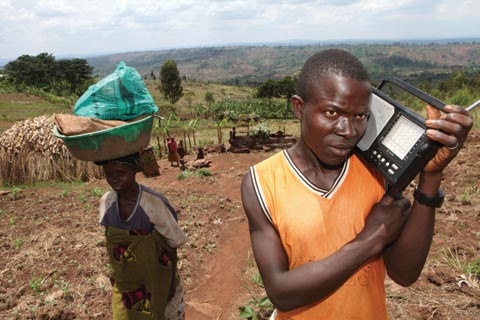
3. Cheaply Available
With your transistor radio or solar powered radio, you need not a fortune to get informed. That is why the radio is the commonest household gadget in both high and low-income homes.
You can be sure that the cattle grazer in a remote location has his transistor radio handy wherever he goes.
Radio is not just effective but also a cheap means of spreading information. Unlike the internet, you don’t need data(money) and electricity which are lacking basics in most African homes to operate and enjoy the radio.
4. Regulation
Radio broadcasting confines its operations within the tenets of a regulatory body. While the ideal essence of this is not infringing on press freedom, having a sort of watchdog is to hold them accountable for any form of misconduct. Informing the people is a huge and sensitive business.
In an era of hate speeches and fake news on the internet courtesy of social media platforms, radio makes no room for unsubstantiated claims.
5. Actual & Active Interaction
Communication is a two-way business. There should be a giver and receiver of the message. Interaction is at its best when there is a feedback. Radio affords listeners the opportunity of giving their opinions through call-in shows.
The major difference between Social media feedback and radio feedback is the human factor.
6. Radio Is Great Company
I call it the Theatre of the mind.
Radio allows you to give a mental picture to every moment of transmission. You do not get carried away by the looks of the presenter. All you want is the substance. Thanks to the internet, the suspense of what a presenter looks like has been demystified. Before now you could be seated next to your favorite radio presenter and not know it.
Sometimes spending time alone with the radio can be therapeutic. That captivating voice comes on with uplifting and thought-provoking words; and then takes you down memory lane through an unwitnessed lifetime, childhood memories, special moments and all with a string of classical music.
The best part of radio is that it does not stage you to a spot like the social media. You could actually get your information without being interrupted whether driving, eating, walking around the house, cooking, doing laundry or even waiting for your cattle to graze.
